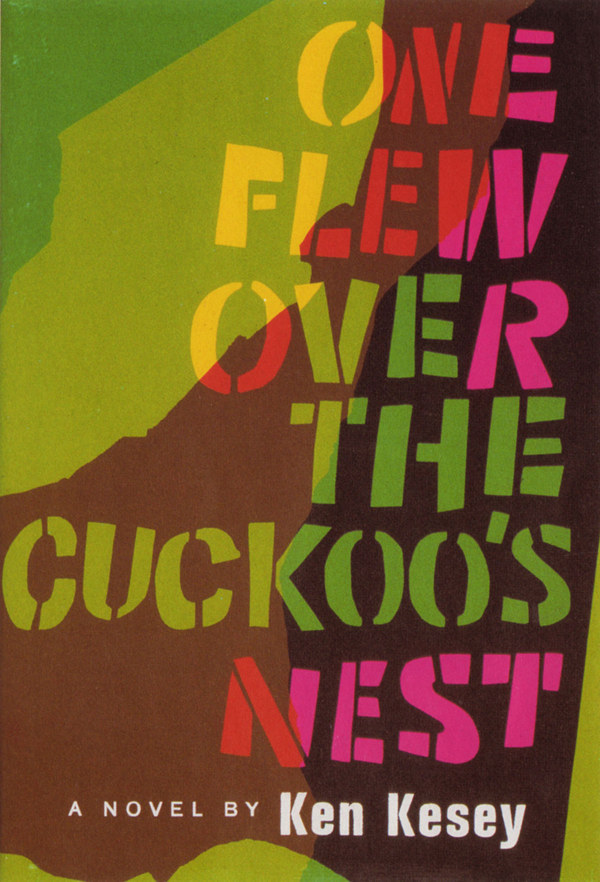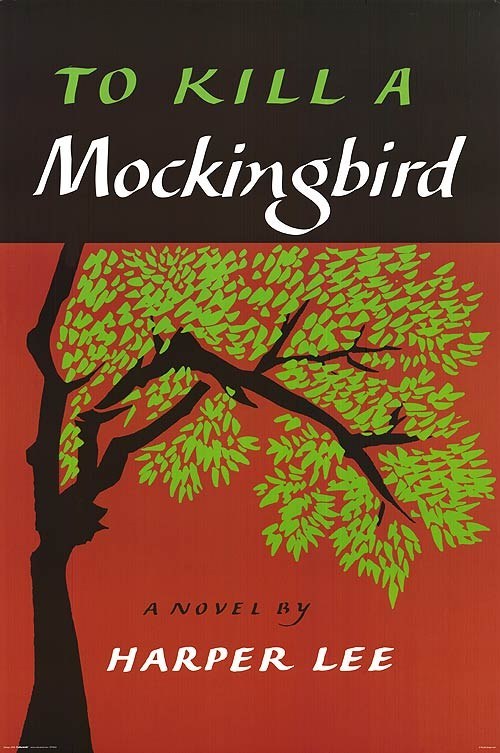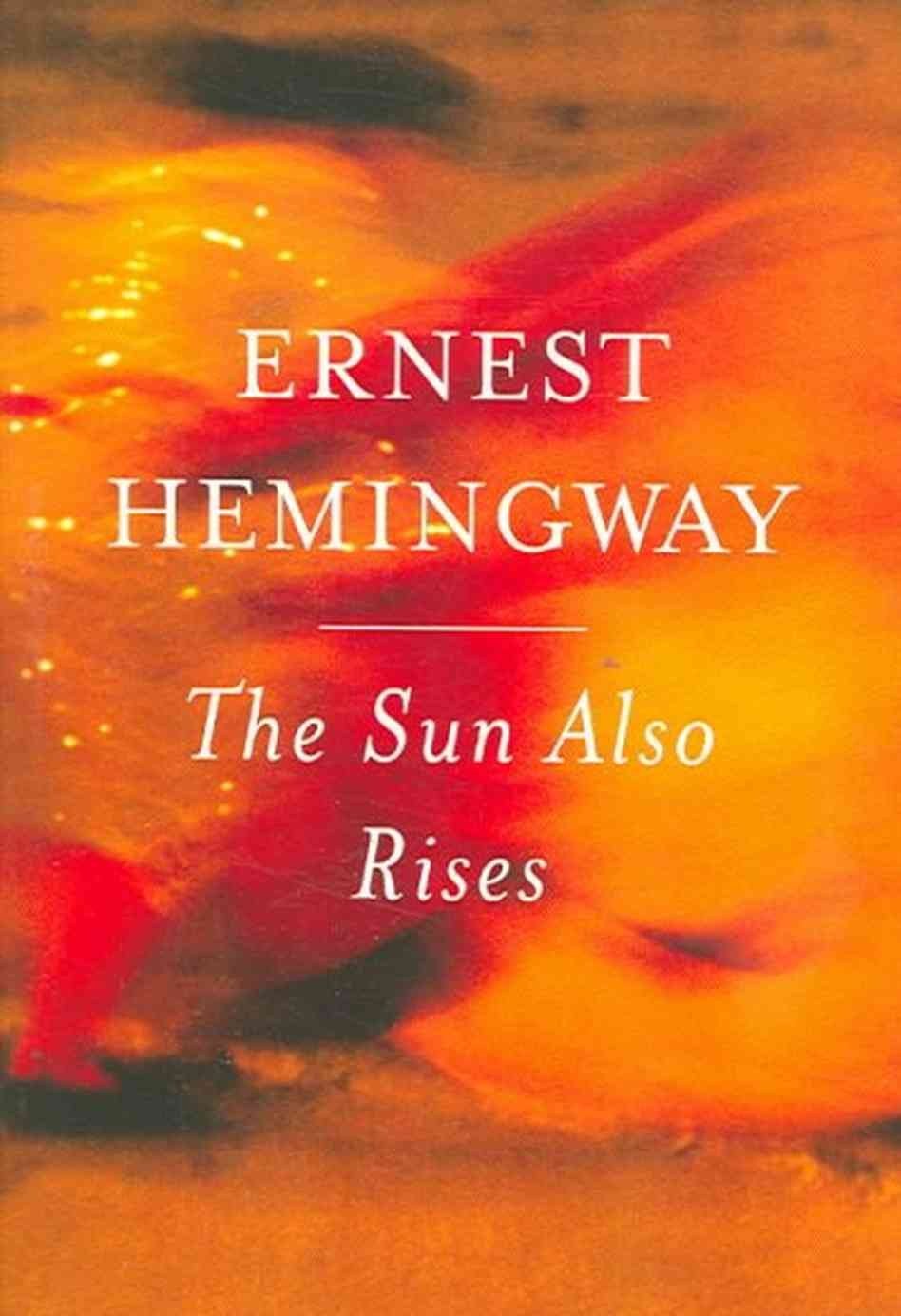"Brave New World" - Aldous Huxley (1932)

Aldous Huxley's "Brave New World" is, without a doubt, one of the most interesting books I've checked out of a library here in Belfast. The shocking story line makes for an entertaining read in the moment, but also leaves a number of big questions unanswered for the reader which, I promise, will haunt you for weeks on end afterward. "Words can be like X-rays if you use them properly -- they'll go through anything. You read and you're pierced." These questions are not necessarily specific to the plot of the novel, but extend far beyond the scope of Huxley's characters and into the realm of society as we know it today.
If you've ever wondered about the potential of life in a Utopian society or if books and movies like The Matrix, The Hunger Games, and The Giver struck your fancy, this novel is definitely the one for you. In addition, Huxley's clever discussion of class divides is especially relevant to American culture, specifically, and Western civilization, in general, as it stands today - I say, you might just be a better person for having digested it.
"The Great Gatsby" - F. Scott Fitzgerald (1925)

The obvious reason to read or re-read this novel, if you haven't in the last 2-3 years, can be summed up in one word: Leo. The 2013 release of the most recent film adaptation of the text, starring Leonardo DiCaprio as Jay Gatsby, is best had as a chaser - that is, after downing Fitzgerald's original work first. A critic from The Guardian described the movie as a "hyperactive adaptation" that "tramples over the subtleties of the F. Scott Fitzgerald classic." While I disagree with the "trampling" bit, there is an obvious exclusion of some things Fitzgerald wants the reader to feel that screenplay can not convey. But don't just take my word for it. If you've already seen the movie, fill in some of the holes you're inevitably left with and read the book. It's a timeless classic, much like Jay Gatsby himself.
"One Flew Over The Cuckoo's Nest" - Ken Kesey (1962)

I have but one regret in relation to this novel... and that is that I watched the film before reading the book. Although Jack Nicholson as McMurphy makes for an incredible two-hour film, upon sifting through the pages of the novel, I was left with no room to imagine the character as Kesey intended him to be. In fact, Kesey never wanted Nicholson cast for that part at all, and after working with the producers for two weeks, he quit. It's reported that he never once saw the film after its release.
Making the choice between ensuring a reasonably adequate adaptation and maintaining one's opinion, my friends, is in true "One Flew" form. Walking the line between security and independence is a theme that's introduced by McMurphy and felt by each and every patient throughout the novel. It's a line we often see being toed by nations as well. As informed citizens, it's our job to take a second and remind ourselves from time to time what the loss of one or the other entirely just might look like.
"To Kill A Mockingbird" - Harper Lee (1960)

"To Kill A Mockingbird" has always been one of my very favorite classics to go back and re-read. The novel's themes of prejudice, striking ignorance, and the power of compassion are important conversation pieces, both in and out of academia to this day. The novel is an especially important addition to this list as a result of the recent publication of its sequel.
"Go Set A Watchman" was published just this past July and follows the main character, now 26-years-old, as she returns home to Maycomb, Alabama to care for her aging father. The excitement caused by this new release was unparalleled, as "To Kill A Mockingbird" was previously assumed to be Lee's only publication. While that alone was enough reason for me to re-read "To Kill A Mockingbird," let me gently suggest another: Do the future a favor and read up on where history got it wrong. This novel explores some of the best and worst qualities of human nature. It's imperative, as forward-thinking young adults, that we do our best to familiarize ourselves with those differences and seek to eradicate them from future generations.
"The Sun Also Rises" - Ernest Hemingway (1926)

When I first read "The Sun Also Rises" in AP English my senior year of high school, frankly, I was not a fan. I found myself unable to relate to the disinterest with which the characters live their lives, even amidst the chaos and excitement of the bull-fights they witness in Spain. I was able to realize the second time around, however, that this theme of aimlessness was included on purpose. Hemingway was attempting to draw attention to the lack of direction faced by many individuals coming of age after World War I, commonly referred to as members of the "Lost Generation."
In a new way and yet with similar consequences, I see this issue plaguing today's Millennials. The constant connectedness and instant gratification that are tokens of our generation mean that "the next best thing" is always just around the corner. As a result, we're never fully satisfied with our choices. So, I hope reading (or re-reading) this novel provides you with the opportunity to see yourself in Hemingway's characters, whose futile searches for happiness at the bottom of a glass, in the arms of a lover, or on Pamplona's streets unmistakably mirror the pursuits of young adults today.

